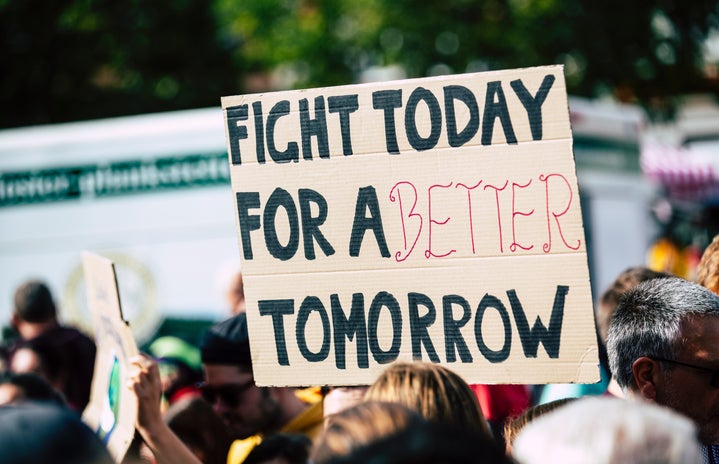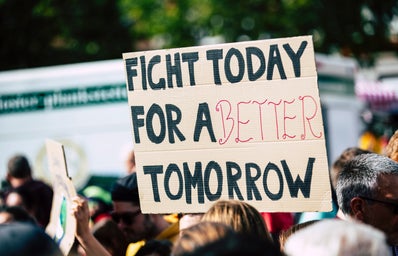Free will, self-determination, autonomy- do these concepts truly exist? Do we genuinely have the ability to make our own choices, free from outside influence? Or is there always something external at play?
The debate between nature and nurture has persisted for centuries, examining whether our genes or our environment ultimately shape who we are: our personality, aspirations and decisions. We often believe we have the power to decide what is best for ourselves. But do we really?
From the start of life as infants, our world revolves around our parents. We mimic their every motion and action, responding entirely to how they perceive situations. This game of imitation becomes the infant’s purpose: to mold themselves after the people who created them.
In just a few years, infants grow into toddlers, then preschoolers, and soon after, teenagers. As our minds develop, so do our opinions and our attention shifts from our parents to our friends. Seeking validation and a sense of belonging, we often absorb the influences of our peers. Their likes, opinions and hobbies gradually shape and transform our own.
The recent presidential election on Nov. 5 marked a significant milestone for many 18-year-olds who recently became old enough to vote. We often wonder what drives someone to vote for one party over another, to support a candidate like Donald Trump or Kamala Harris or even to choose to exercise their voting rights at all.
During this pivotal time, we are often surrounded by our families. But does family influence our voting choices? Research has explored the impact of social pressure from family and friends on voter turnout. The findings revealed that the predicted probability of voting is 23 percentage points higher for those with a voting married partner compared to those with a nonvoting married partner, suggesting that the familial influence of being married can increase political engagement. Similarly, the study found that having voting friends raises the likelihood of voting by 9 percentage points, with an additional boost of 5 percentage points if those friends express that they care about whether the person votes.
After turning 18, the next major milestone for many is the pursuit of a career. What influences our career choices? Is it our interests, the desire for financial security, the pursuit of respect or the influence of our parents? Studies have shown that daughters are 1.8 times more likely to have the same job as their mothers and 1.7 times more likely to have the same job as their fathers. Additionally, children with unemployed parents were more likely to report uncertainty about their future career aspirations. While factors like money, respect and morals also impact career decisions, the report highlighted the significant influence of family on these choices.
While our genetic predispositions play a role in our decision-making, nurture is equally important. We often overlook how, even when we feel in control, hidden factors can drive our choices. But is that necessarily a bad thing? Is it wrong to incorporate others’ opinions to help us make decisions about voting or career paths? It isn’t. Environmental influences have always helped us adapt to our surroundings, and they continue to do so today. Influence surrounds us whether it’s through simple things like how to study for a test or what to wear to a concert or bigger decisions like which college to attend or what classes to take. Instead of letting others’ influence control our decisions, we should use it to build confidence in our choices.
Without external influences, we would not be able to refine our opinions, challenge each other or achieve better outcomes. So, yes — autonomy, free will and self-determination exist. But so do influence, guidance and collaboration, which help us make the right decisions.


